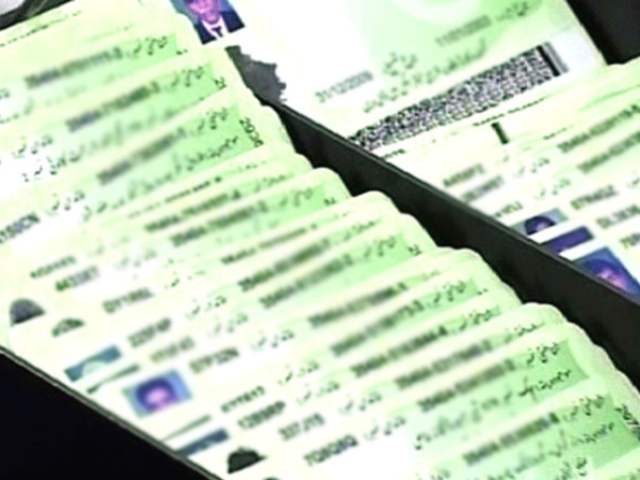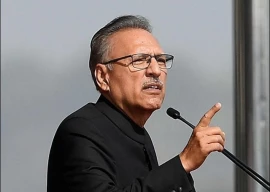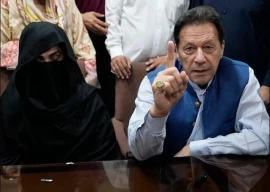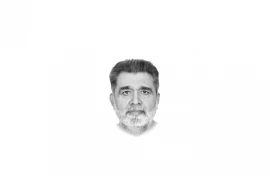
More than 71,000 Computerised National Identity Cards (CNICs) have been blocked by the National Database and Registration Authority (NADRA) during the past five years.
The breakdown of the 71,459 CNICs blocked across Pakistan shows that Khyber-Pakhtunkhwa had the highest number, with 25,981 CNICs blocked, while Balochistan followed with 20,583, Express News reported.
Punjab saw 13,564 cards blocked, and Sindh had the lowest, with 9,677 cards affected.
Other regions also experienced blocked CNICs, including Islamabad (1,370), Gilgit-Baltistan (228), and Azad Jammu and Kashmir (446).
NADRA's document further reveals that, after verification, 44,460 CNICs were unblocked, while the investigation for 13,618 blocked cards is still ongoing.
The government has also highlighted the importance of a legal review.
The Sindh government has formally requested an amendment to the Citizenship Act in light of the issues surrounding blocked IDs and the difficulties citizens face with the verification process.
Yesterday, Parliamentary Secretary for the Cabinet Division, Sajid Mehdi, informed the National Assembly that the government has blocked approximately 80,000 SIM cards for disseminating fake news, following increasing concerns about misinformation on social media.
In response to a calling attention notice in the National Assembly regarding the spread of false news on digital platforms, Mehdi said that the government has launched several measures to address the growing problem, Express News reported.
These include the establishment of a joint task force, which has already submitted its report to the Prime Minister, highlighting the seriousness of the issue.
Mehdi pointed out the need for reforms in the Prevention of Electronic Crimes Act (PECA), 2016, to better tackle the issue of fake news.
He said that amendments to the law would expedite the trial of cases related to the dissemination of false information.
As part of these measures, the government has begun registering Virtual Private Networks (VPNs) to improve monitoring and control of online activities.
Mehdi expressed confidence that these efforts would lead to improvements in curbing the spread of fake news.
Furthermore, an awareness campaign has been launched to educate the public about the risks and consequences of spreading fake news.
The campaign utilises various media tools to inform citizens about the impact of misinformation on society.
"The government's proactive steps, including blocking SIM cards and revising laws, are aimed at mitigating the harmful effects of fake news," Mehdi said during the session.
He added that the task force's ongoing work would continue to address the issue.
1728543384-0/BeFunky-collage-(48)1728543384-0-405x300.webp)


1734005169-0/Untitled-(30)1734005169-0-165x106.webp)
1729837111-0/beyonce-(4)1729837111-0-165x106.webp)



1728388679-0/apple-(5)1728388679-0-270x192.webp)
1734002816-0/Untitled-design-(4)1734002816-0-270x192.webp)








COMMENTS
Comments are moderated and generally will be posted if they are on-topic and not abusive.
For more information, please see our Comments FAQ